Author: Elizabeth Kostova
Description from Amazon: Breathtakingly suspenseful and beautifully written, The Historian is the story of a young woman plunged into a labyrinth where the secrets of her family’s past connect to an inconceivable evil: the dark fifteenth-century reign of Vlad the Impaler and a time-defying pact that may have kept his awful work alive through the ages. The search for the truth becomes an adventure of monumental proportions, taking us from monasteries and dusty libraries to the capitals of Eastern Europe—in a feat of storytelling so rich, so hypnotic, so exciting that it has enthralled readers around the world.
Pages: 704 pages

REVIEW AS A READER:
I chose this book because Google Bard said it was "the best selling vampire book." When I started reading it, I immediately fell in love with the author's prose. Elizabeth Kostova has one of the best writing styles of anyone I've ever read. I would describe her prose as lyrical. She also has a way of 'anchoring the reader' in the scene by using these descriptive anchors in almost every sentence. I never felt myself hanging in mid air not knowing where we were.
The element of suspense was ever present as the story started and went on. I was enjoying the book immensely until I reached about page 400. By that time, the story got way too long and I lost interest. Even though I liked the characters in the beginning, I didn't love the characters enough to keep going for 704 pages. So I abandoned the book a little more than half way. I also abandoned it because it turned out to be a well-researched Davinci Code journey from pillar to post, which I find mostly exhausting.
I would, however, try another book from this author as I do love her writing style.

REVIEW AS A WRITER:
My review as a writer is a bit more harsh. I still reiterate that Ms. Kostova has a magnificent writing style. As noted above, her prose was lyrical and artistic. I loved it. Her writing style and thoroughness of research are her strong points.
I could tell about fifteen percent into the book that this story was superimposed on the plotline of The Davinci Code. I thought The Davinci Code was a bit overrated, both as a book and the movie, so I could tell at this early point that I was in for this globe-trotting journey with a never-ending list of "surprise interruptions". Because I'm not interested in this plotline, the author in me lost interest before the reader in me.
That being said, I also was expecting an actual vampire story. This expectation didn't come from the author or the book's description, so I don't pin this expectation on the author or even the publishing company. I asked Bard.google.com to give me a list of the best vampire books and The Historian came up as number one. I really wanted an actual vampire book at the time and this was something very different.
As stated above, this was a long booby-trapped journey too similar to The Davinci Code and I just lost interest and decided not to finish at around page 400.
As a new author myself, I have watched writing videos warning authors who do research to avoid the temptation to fill up the book with extra research "just because you can". I believe the story in The Historian could have been told in 300 pages and it would have only needed to have irrelevant research removed.
All in all, even though I chose not to finish it, based on the story itself -- especially if you enjoy the Davinci Code -- it was a great book. I would highly recommend it to people who loved the Davinci Code. I would recommend it to people who like historical fiction. But I would not recommend it to readers who are lo

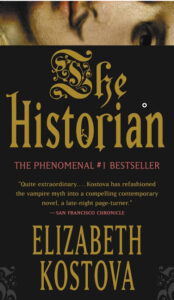





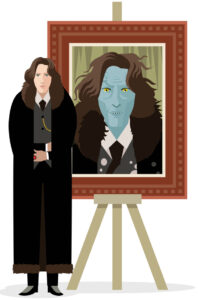

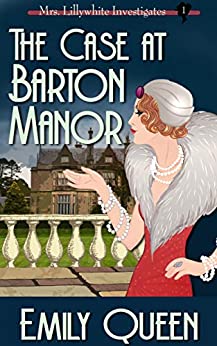 This is not so much a book review of the story written by Emily Queen, but more about what I, as an author, learned from reading it. To me, this fits more into a reader's diary, but I'm calling it a book review more to categorize it for my blog readers. The name of the book is
This is not so much a book review of the story written by Emily Queen, but more about what I, as an author, learned from reading it. To me, this fits more into a reader's diary, but I'm calling it a book review more to categorize it for my blog readers. The name of the book is 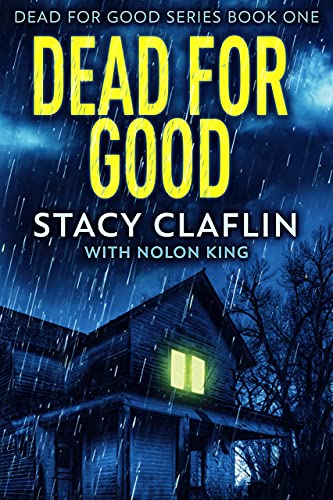
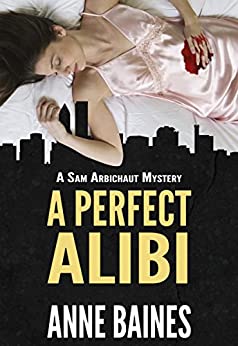 This is not so much a book review of the story written by Anne Baines, but more about what I, as an author, learned from reading it. To me, that fits more into a Writer's Diary. The name of the book is
This is not so much a book review of the story written by Anne Baines, but more about what I, as an author, learned from reading it. To me, that fits more into a Writer's Diary. The name of the book is 
